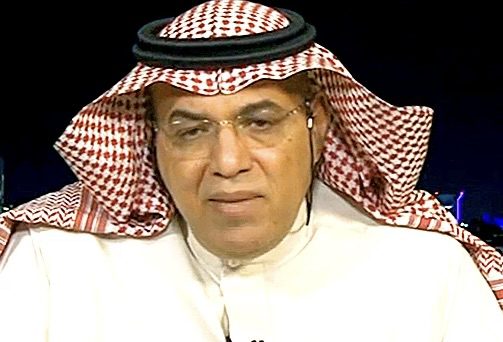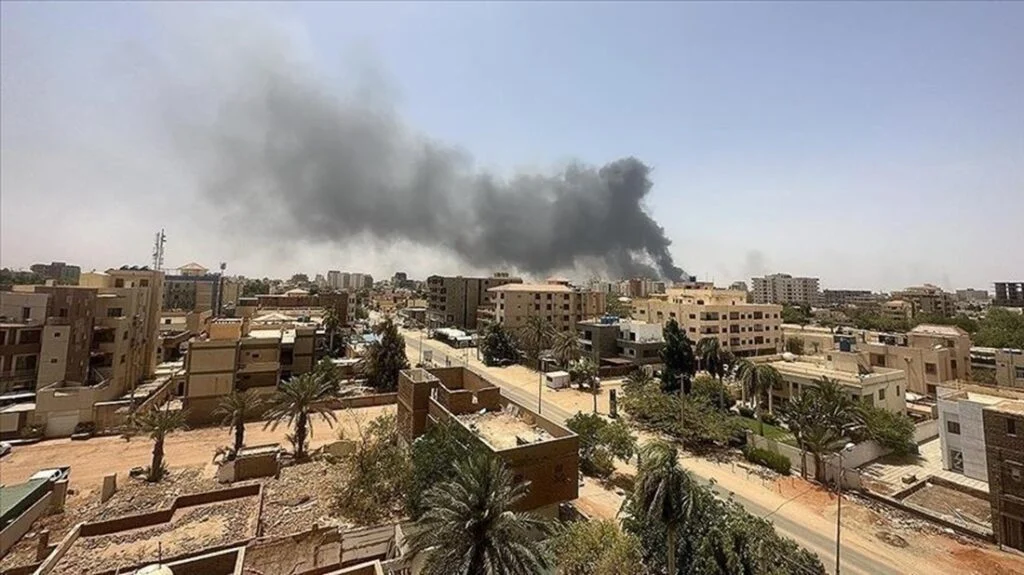
A former Saudi foreign ministry adviser has said Burhan’s army (SAF) bears primary responsibility for the collapse of the Jeddah talks and alleged it sought to mass Rapid Support Forces (RSF) fighters in camps in order to bomb them from the air.
In an interview with Al Jazeera Mubasher, Dr. Salem Al-Yami, a former adviser at Saudi Arabia’s foreign ministry, said the war “would not have happened” without deep internal rifts in Sudan – both at the level of the state and within the military establishment itself – between Sovereign Council chief Abdel Fattah al-Burhan and his former deputy, RSF commander Mohamed Hamdan Dagalo “Hemedti”.
Al-Yami argued that no war is purely internal or purely external in its causes. He noted that media aligned with the SAF initially claimed that 17 countries were backing the RSF when the conflict erupted, before that narrative faded and all attention narrowed to alleged Emirati support.
He added that the SAF has since entered a broad confrontation with international organisations by expelling numerous representatives and cutting ties, while its relations with the African Union, IGAD and the Arab League have all deteriorated. Both warring parties – the SAF and the RSF – receive external support, he said, and “the end result is that both sides are losers; this is a war without dignity.”
On why the Jeddah negotiations stalled, Al-Yami said the SAF’s conditions were “illogical”. According to him, the military demanded first that RSF fighters withdraw from civilian sites and then be assembled in designated camps “so that it could bomb them from the air”. He added that the SAF also tried to convince the Arab League and African Union not to treat it as an equal party to the conflict, but to brand the RSF as an illegal militia serving foreign powers while portraying the army as synonymous with the state.
Al-Yami said this political approach was a key factor in derailing the Jeddah track. He also pointed to recent remarks by Burhan about dissolving the SAF and creating a replacement police force, calling those comments evidence of a lack of vision and of the depth of Sudan’s institutional crisis.




